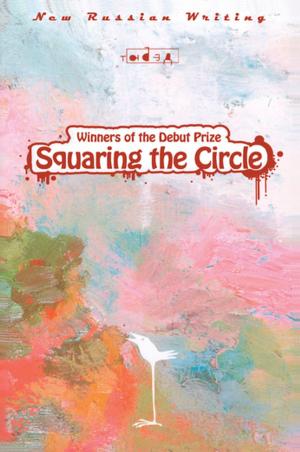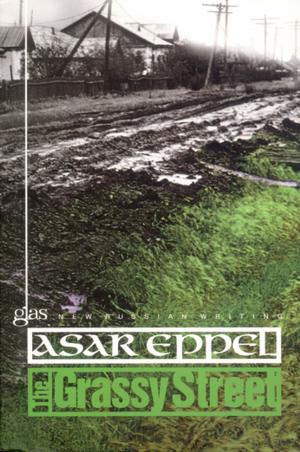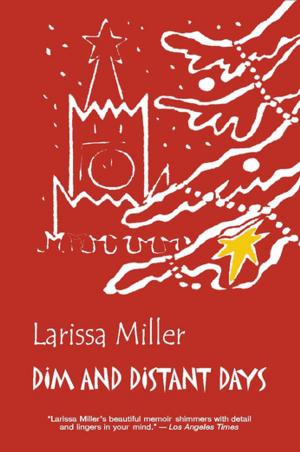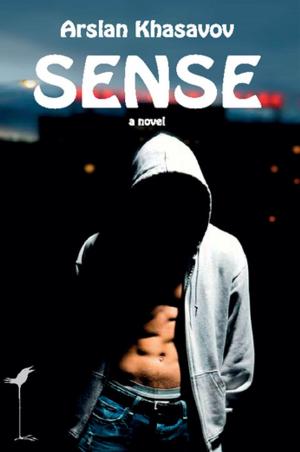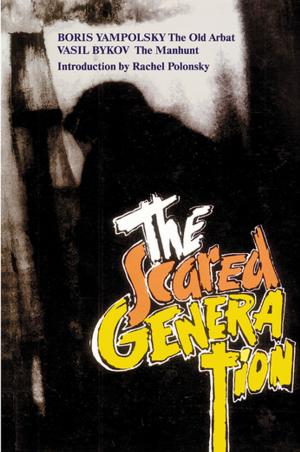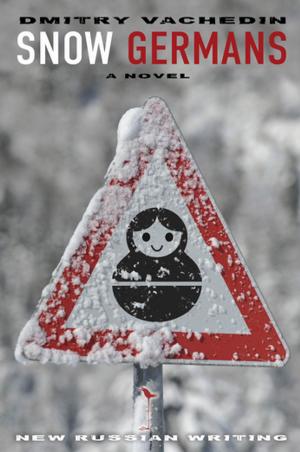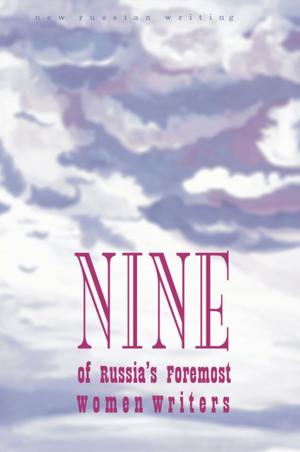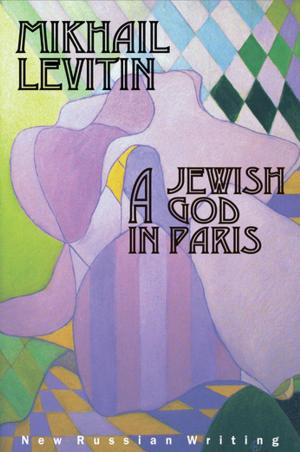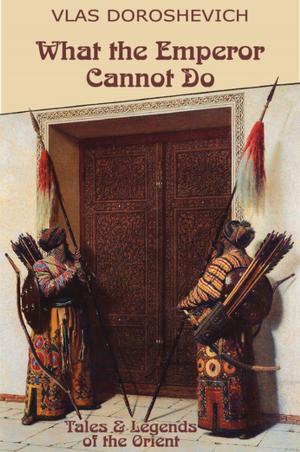Novel Without Lies & Cynics
Two Short Novels
Nonfiction, Reference & Language, Foreign Languages, Russian, Fiction & Literature| Author: | Anatoly Mariengoff | ISBN: | 9785717201148 |
| Publisher: | Glas | Publication: | June 29, 2015 |
| Imprint: | Glas | Language: | English |
| Author: | Anatoly Mariengoff |
| ISBN: | 9785717201148 |
| Publisher: | Glas |
| Publication: | June 29, 2015 |
| Imprint: | Glas |
| Language: | English |
The turbulent life of a great poet against the flamboyant background of Bohemian Moscow in the 1920s. This is the story of an extraordinary friendship and an extraordinary poet seen through the prism of an extraordinary time and place the upside-down world of Moscow just after the Revolution. By the time Sergei Esenin (1895-1925) met Mariengof in 1918, his lyrical verse had made him a national celebrity. The cultivated Mariengof found the peasant-born Esenin provincial at first. But soon the two would be sitting up at night hammering out their Imagist manifesto. Mariengof traces Esenin's career in bohemian Moscow as well as in Europe where the poet traveled with his exotic and much older wife, the American dancer Isadora Duncan. A self-described genius, Esenin was devastated by his non-reception in the West where no one knew him (or read poetry). His response was to ignore the West, moving through it like a blind man. When Esenin divorced Duncan and returned to Moscow, he was a changed man: crushed by the West, disillusioned by Soviet Russia; as well as increasingly unstable and alcoholic. Soon after parting company with the Imagists, he hanged himself, having written a last poem in his own blood.
The turbulent life of a great poet against the flamboyant background of Bohemian Moscow in the 1920s. This is the story of an extraordinary friendship and an extraordinary poet seen through the prism of an extraordinary time and place the upside-down world of Moscow just after the Revolution. By the time Sergei Esenin (1895-1925) met Mariengof in 1918, his lyrical verse had made him a national celebrity. The cultivated Mariengof found the peasant-born Esenin provincial at first. But soon the two would be sitting up at night hammering out their Imagist manifesto. Mariengof traces Esenin's career in bohemian Moscow as well as in Europe where the poet traveled with his exotic and much older wife, the American dancer Isadora Duncan. A self-described genius, Esenin was devastated by his non-reception in the West where no one knew him (or read poetry). His response was to ignore the West, moving through it like a blind man. When Esenin divorced Duncan and returned to Moscow, he was a changed man: crushed by the West, disillusioned by Soviet Russia; as well as increasingly unstable and alcoholic. Soon after parting company with the Imagists, he hanged himself, having written a last poem in his own blood.

